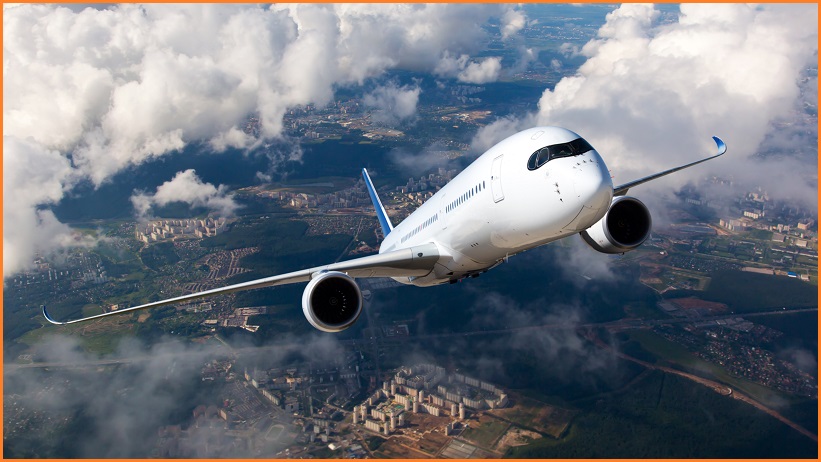As if the devastations of a global pandemic and escalating staff shortages weren’t problems enough, airlines around the world are panicking over industry concerns that new 5G mobile networks could cause “catastrophic disruption” to the safe operation of their planes.
Airlines and government bodies have worried for years that radar altimeters – widely-used directional radars that measure a plane’s height above the ground – could be compromised by new 5G services running in the C-Band radiofrequency spectrum range.
Use of those frequencies is expected to significantly boost speed and coverage of emerging 5G networks, and US mobile carriers AT&T and Verizon, among others, spent tens of billions to buy licenses to use the spectrum – which spans the range between 4GHz and 8GHz but is, in the case of 5G, concentrated between 3.7GHz and 3.98GHz – in that country.
Even as those networks neared a planned 19 January switch-on of the new services, aviation bodies raised concerns with the US government that the new signals would force the cancellation of thousands of flights per day.
“Airplane manufacturers have informed us that there are huge swaths of the operating fleet that may need to be indefinitely grounded,” the airlines wrote.
Major parcel carriers such as UPS and FedEx warned that the new services could affect their airplanes and “the nation’s commerce will grind to a halt”.
Airlines’ fears were a speedbump for mobile operators like AT&T, which has promoted its rapid progress in rolling out a technology that will, one technician said as the company announced its first successful field tests last June, “help enable our 5G network to reach its full potential” with coverage of more than 200 million people.
With the carriers ready to flip the switch on C-Band services across the US on 19 January, airlines were calling for a moratorium on deployment of the new frequencies to avoid potentially disastrous outcomes.
Verizon and AT&T capitulated, delaying the commissioning of C-Band services around numerous airports even as AT&T, for one, admitted being “frustrated by the FAA’s inability to do what nearly 40 countries have done, which is to safely deploy 5G technology without disrupting aviation services…. They have not utilised the two years they’ve had to responsibly plan for this deployment.”
Widespread disruption
The US Federal Aviation Administration said it “is working on measures” to ensure the new 5G signals “can coexist safely” but noted that it would “need to impose restrictions on flight operations using certain types of radar altimeter equipment close to antennas in 5G networks”.
Countries like Japan and South Korea have successfully deployed C-Band 5G without any conflicts or reported incidents, although industry experts note that US mobile operators are allowed to use much more powerful signals than in those countries.
Australia’s Civil Aviation Safety Authority (CASA) and Australian Transport Safety Bureau (ATSB) have been monitoring the debate but said that “there are no indications of similar problems in Australia” because Australia’s 5G services don’t run in the C-Band frequencies.
“In fact,” CASA noted, “the ATSB says there has been no reports of radio altimeter incidents linked to 5G since the telecommunications technology rolled out 2 years ago.”
A formal CASA Airworthiness Bulletin, last updated on 17 January, offers a technical rundown of the issue and noted that the concern “is not considered an unsafe condition that would warrant” any restrictions on flights in this country.
Airlines elsewhere were taking no chances, with a number of major carriers – including Emirates, Air India, All Nippon Airways, Japan Airlines, and Lufthansa – all announcing they would suspend flights into a range of US cities due to concerns about potential interference.
Emirates president Sir Tim Clark told CNN the US government had been “delinquent” and “irresponsible” for failing to head off the showdown between the airlines and 5G operators despite knowing about the potential frequency conflict for some time.
The disruptions were the last thing an already-crippled industry needed after thousands of flights were cancelled over the Christmas-New Year’s period as the Omicron variant rapidly spread worldwide.
Rollouts of superfast 5G mobile technologies have stumbled from one controversy to the next as equipment suppliers and mobile operators face spurious claims from conspiracy theorists worried that it is dangerous; political chest-thumping about the ban on Chinese firm Huawei; challenges discerning viable use cases; and consumer indifference.










